In the competitive world of real estate, standing out from the crowd is essential for success. As a real estate agent, self-promotion is not just an option—it’s a necessity. Effective real estate marketing can be the difference between closing deals and missing opportunities. By mastering the art of self-promotion, you can build a robust client base, establish your reputation, and ultimately, grow your real estate business. Understanding why marketing is crucial for real estate success will set the foundation for your journey as a successful agent.
This guide will provide you with comprehensive strategies and practical tips to effectively market yourself as a real estate agent. From understanding your market and building a personal brand to leveraging digital marketing and networking offline, you’ll learn how to position yourself as a top choice in the industry.
Understanding Your Market
To effectively market yourself as a real estate agent, you need to understand your target audience thoroughly. Identifying potential buyers and sellers involves analyzing who will most likely need your services. Start by gathering demographic data, such as age, income level, family size, and occupation, to pinpoint your ideal clients. Understanding these factors will help you tailor your real estate marketing strategy to address their specific needs and preferences, ensuring that your message resonates with the right people.
Staying informed about current real estate market conditions is essential for any successful real estate agent. Analyzing market trends involves keeping a close eye on property values, inventory levels, and the economic factors that influence the home-buying process. Furthermore, forecasting future trends will allow you to anticipate market shifts and adjust your real estate marketing ideas accordingly, positioning yourself as a knowledgeable and forward-thinking agent in the ever-evolving real estate landscape.
Building Your Personal Brand
In the real estate industry, your personal brand is your most valuable asset. It’s how potential clients perceive you and what differentiates you from other agents.
Defining Your Unique Selling Proposition (USP)
Your Unique Selling Proposition (USP) is what makes you stand out from other real estate agents. Identify your strengths, such as deep knowledge of a specific neighborhood, exceptional negotiation skills, or a background in interior design. Craft a compelling personal story that highlights these qualities, helping potential clients see why you are the best choice for their real estate needs.
Creating a Professional Image
Your professional image is important. Dress in a polished and professional manner to make a positive first impression. Design a professional logo and business card that reflect your personality and the level of service you provide. A cohesive and memorable image builds trust and lays the foundation for effective real estate marketing.
Online Presence and Digital Marketing
Today, having a strong online presence is crucial for any real estate agent. Leveraging digital marketing strategies will help you reach a wider audience, establish your brand, and attract more clients.
Developing a Professional Website
A professional website is essential for a real estate agent. It should include key features such as property listings, client testimonials/online reviews, a blog, and contact information. Implementing effective search engine optimization (SEO) strategies will improve your website’s visibility on search engines, attracting more potential clients to your site and forming a strong foundation for your real estate marketing plan.
Leveraging Social Media Platforms
Choose the right social media platforms for your real estate marketing plan, such as Facebook, Instagram, and LinkedIn. Create engaging content and posts that showcase properties, share market insights, and highlight your successes. Consistent and interactive social media presence helps build your brand, connect with local businesses, and reach a broader audience.
Utilizing Email Marketing
Building and managing an email list is a powerful tool for real estate marketing. Craft effective email campaigns that provide valuable information, such as market updates, new listings, and home buying process tips. Regularly engaging with your email list keeps you top-of-mind for potential clients and helps maintain strong relationships.
Content Marketing Strategies
Content marketing is a powerful way to establish your expertise and connect with your audience. By creating valuable and engaging content, you can attract potential clients and build trust. Here are some key strategies for content marketing in real estate:
Blogging and Article Writing
Write about market trends, home buying tips, neighborhood guides, and real estate investment advice. This helps position you as an expert and provides valuable information to your audience. Use relevant keywords, include internal and external links, and optimize meta descriptions to improve your search engine rankings and increase visibility.
Video Marketing
Produce high-quality virtual tours and video showcases of properties to give potential buyers an immersive experience. This can help attract more interest and provide a competitive edge. Share your videos on YouTube and other platforms to reach a broader audience. Use compelling titles, descriptions, and tags to enhance discoverability.
Podcasting
Start a podcast where you discuss real estate topics, share market insights, and offer advice. This can help you connect with a different segment of your audience and establish yourself as a thought leader. Invite experts and local influencers to your podcast to share their insights and experiences. This adds value to your content and expands your reach through their networks.
Networking and Offline Strategies
Networking and offline strategies are essential components of a comprehensive real estate marketing plan. Attending industry events, such as real estate conferences and expos, provides opportunities to connect with other professionals, learn about new trends, and gain insights that can enhance your marketing channels.
Participating in local community events helps you engage with your target market and establish relationships with potential home buyers. Joining professional associations offers numerous benefits, including access to valuable resources, exclusive networking opportunities, and increased credibility within the industry.
Leveraging Testimonials and Referrals
Leveraging testimonials and referrals is a powerful way to enhance your real estate marketing efforts. Collecting client testimonials involves asking satisfied clients to share their positive experiences with your real estate services. Display these testimonials prominently on your website and social media to build trust and credibility. Building a referral network by partnering with other professionals, such as mortgage brokers and contractors, can expand your reach and bring in more clients.
Additionally, creating a referral reward program incentivizes your network to refer potential clients, further boosting your marketing efforts and helping you grow your business.
Advertising and Paid Marketing
Investing in advertising and paid marketing is important for amplifying your reach and attracting potential clients. By utilizing a mix of print, online, and outdoor advertising, you can ensure your real estate services are visible to a diverse audience.
Print Advertising
Designing effective flyers and brochures can significantly enhance your visibility in the local market. Ensure your materials are visually appealing and contain clear, concise information about your real estate services. Placing ads in local newspapers and magazines can also reach potential clients who prefer traditional media, helping you capture a broader audience.
Online Advertising
Google Ads and Facebook Ads are powerful tools for targeting specific demographics and interests. With precise targeting options, you can tailor your ads to reach your ideal clients, maximizing the effectiveness of your real estate marketing efforts. These platforms allow you to track performance and adjust your strategy in real-time.
Outdoor Advertising
Utilizing billboards and signage is a classic yet effective way to increase your visibility in high-traffic areas. Advertising on public transport, such as buses and trains, ensures your message reaches a wide audience, including commuters and local residents, further expanding your reach and reinforcing your brand presence in the community.
Utilizing Technology and Tools
Embracing technology and tools can significantly boost your efficiency and effectiveness as a real estate agent. Here are some key technologies and tools to consider:
- Customer Relationship Management (CRM) Systems
Choose the right CRM for real estate to manage client interactions efficiently. Automate client follow-ups and tasks to ensure no opportunities are missed and maintain consistent service quality. - Virtual Reality (VR) and Augmented Reality (AR)
Use VR and AR to create immersive property tours that captivate potential buyers. These tools enhance client experiences by allowing detailed exploration of properties from home, adding innovation to your services. - Real Estate Apps and Software
Utilize real estate apps and software to streamline daily tasks. Essential apps for real estate agents include those for property management, scheduling, and client communication, helping you stay organized and productive.
Building Relationships with Clients
Building strong relationships with clients is key for long-term success in real estate. Below are some strategies to help you effectively connect with your clients:
Providing Exceptional Customer Service
Key aspects of excellent customer service include being responsive, attentive, and proactive in addressing client needs. Handling client complaints and issues promptly and professionally can turn a negative experience into a positive one, strengthening your reputation and client loyalty.
Staying in Touch with Past Clients
Maintaining long-term relationships with past clients is important for generating referrals and repeat business. Use holiday and birthday greetings to stay connected and show appreciation, keeping your real estate services top-of-mind for their future needs.
Monitoring and Measuring Success
To ensure your real estate marketing efforts are effective, it’s crucial to monitor and measure your success consistently. By tracking your progress and setting clear goals, you can make informed decisions that drive your business forward.
Tracking Marketing Efforts
Use analytics tools to measure the success of your marketing efforts. These tools provide valuable insights into what strategies are working and where improvements are needed. By regularly reviewing this data, you can adjust your marketing strategies based on performance and optimize your real estate marketing efforts for better results.
Setting Goals and Objectives
Define clear marketing goals to guide your efforts and measure success. Regularly reviewing and updating these goals ensures you stay on track and adapt to changing market conditions. Setting specific, measurable, achievable, relevant, and time-bound (SMART) objectives will help you maintain focus and achieve your business aspirations.
The Path to Real Estate Success
Effective marketing is essential for success in real estate. Understand your market, build a strong personal brand, establish an online presence, and leverage content marketing strategies. Networking and offline strategies, testimonials and referrals, advertising, and utilizing technology are all vital elements. Consistently monitor and measure your efforts to ensure they are driving the desired results.
Stay adaptable and continuously update your marketing strategies based on data and market trends. Focus on providing exceptional customer service and maintaining long-term relationships with clients. Keep learning and evolving to stay ahead in the competitive real estate market. Invest time in professional development and stay informed about new tools and technologies that can enhance your efficiency. Engage actively with your local community to build trust and visibility. Lastly, always seek feedback from clients to improve your services and strengthen your reputation. Implementing these tips will position you for sustained success and growth in the real estate industry.






